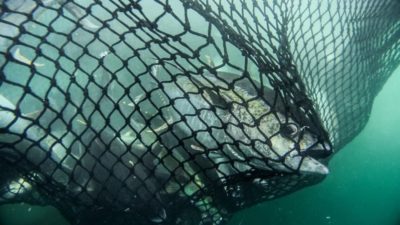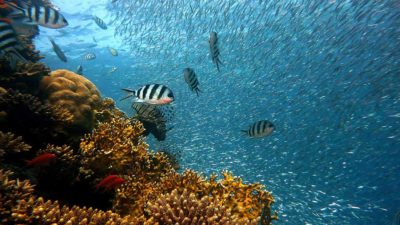Turtles

- Turtles date back to the time of the dinosaurs, over 200 million years ago. They belong to one of the oldest reptile groups in the world and are more ancient than lizards, snakes or crocodiles!4Natgeokids.com. 10 totally awesome facts about turtles. Available at: https://www.natgeokids.com/uk/discover/animals/sea-life/turtle-facts/ [Accessed June 2020]
- Turtle is the name given to any reptile encased in a boney shell – including tortoises. There are 356 species of turtle throughout the world on land and in the seas, oceans and freshwater5Zugg, R. Turtle. Available at: https://www.britannica.com/animal/turtle-reptile [Accessed June 2020]
- Turtles are one of the world’s longest-living animals, alongside blue whales, and macaws. The oldest currently living tortoise is 187 years old!6Millward, A. 2019. Introducing Jonathan, the world’s oldest animal on land at 187 years old. Available at: https://www.guinnessworldrecords.com/news/2019/2/introducing-jonathan-the-worlds-oldest-animal-on-land-561882 [Accessed June 2020]
- No, turtles can’t come out of their shells. The turtle’s shell is attached to their body and grows at the same speed, so it is impossible for the turtle to exit it!1Natgeokids.com.10 totally awesome facts about turtles. Available at: https://www.natgeokids.com/uk/discover/animals/sea-life/turtle-facts/ [Accessed June 2020].
- A turtle’s shell is part of its skeleton and is made up of over 50 bones which include the turtle’s rib cage and spine1Natgeokids.com. 10 totally awesome facts about turtles. Available at: https://www.natgeokids.com/uk/discover/animals/sea-life/turtle-facts/ [Accessed June 2020]
Turtles are fascinating, ancient, wonderful animals – critical to their ecosystem. Tragically they are still traded worldwide for their meat, eggs, skin and shells – and as pets.
Sadly, many species of turtle are endangered, with at least 60 per cent of the 356 different species of turtle and tortoise being either vulnerable, endangered or critically endangered.1Davis, UC. 2018. Turtle species decline may impact environments worldwide. Available at: https://phys.org/news/2018-09-turtle-species-decline-impact-environments.html#:~:text=Approximately%2061%20percent%20of%20the,decline%20could%20have%20ecological%20consequences.&text=This%20includes%20maintaining%20healthy%20food,habitats%20necessary%20for%20other%20species. [Accessed June 2020] Threats include loss of habitat, poaching and the illegal pet trade and bycatch from commercial fishing.
The loss of sea turtle populations has wide-reaching consequences for the entire marine ecosystem, pushing other marine species closer to extinction. With so many species being endangered, the trading of all sea turtles is prohibited under international law – but still, it goes on.2Worldwildlife.org. 2020.Sea turtles. Available at: https://www.worldwildlife.org/species/sea-turtle [Accessed June 2020]
Fishing is the biggest threat to sea turtles, who can get caught in the nets or on long lines, and become ‘bycatch’. Discarded or lost fishing gear is another danger and can entangle turtles who then starve or drown – and as nets and gear are usually from man-made fibres and plastic, they drift around killing almost indefinitely.2Worldwildlife.org. 2020.Sea turtles. Available at: https://www.worldwildlife.org/species/sea-turtle [Accessed June 2020]
Turtle meat isn’t eaten in the UK and Viva! holds British companies to account for their actions elsewhere in the world. In 2015, after an 8-year campaign, we were victorious against supermarket giant Tesco in getting them to stop the sale of live turtles in their China stores.
Read the coverage in the Daily Mail.
Why the campaign?
Tesco was making money out of animal torture, allowing staff to decapitate turtles without first stunning them – store staff were filmed taking several minutes to hack away at the turtle’s heads. Some turtles were sold live to customers, wrapped in plastic to slowly suffocate or to take home and kill in any way they choose. As well as being an animal welfare nightmare, this cruel and barbaric trade was also an ecological disaster.
After asking Viva! supporters to complain to Tesco, the supermarket changed their mind and decided to stop selling live turtles – a victory for Viva! and for animal rights.







